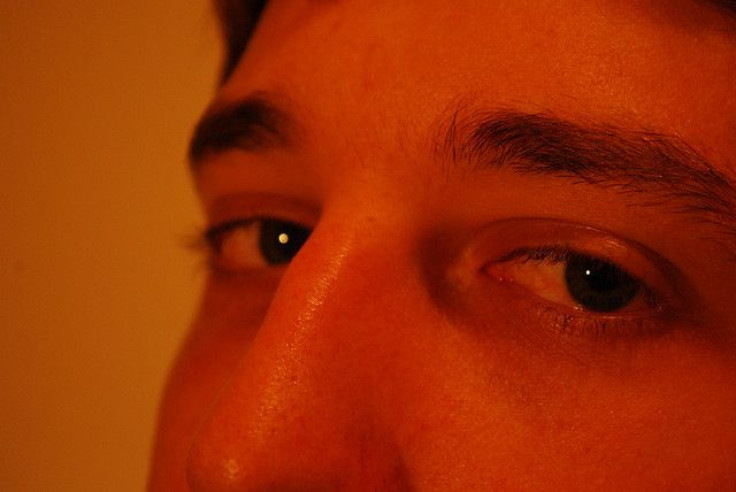Looking Tired Could Cause People To Misjudge Your Character

Missing out on a good night’s sleep may conjure remarks from co-workers and friends about how tired you look, but did you know that it can shape the way a person thinks about you? New research from the Karolinska Institute in Stockholm, Sweden, suggests that missing out on sleep could cause people to misjudge your character.
“We all make unconscious and conscious value judgments of people based on appearance: character, trust, strength, attractiveness, etcetera. Some of this is undoubtedly genetic and some of this is prejudice,” Dr. Jeffrey Salomon, as assistant clinical professor of plastic surgery at Yale University School of Medicine, who wasn’t involved with the study, told HealthDay News.
Facial cues have previously been explored with regards to fear responses. Researchers at the University of Toronto found in May that widening eyes to danger serves two functions: to enlarge the visual field and to direct observers to the source of danger.
To test people’s response to facial cues of tiredness, lead author of the study, Tina Sundelin, and her team, photographed 10 people, ages 19-32, after they had a full eight hours of sleep, and then again, after they stayed awake for 31 hours straight. They took specific measures to ensure that all participants had similar photos, including taking the photos at 2:30 p.m., and making sure that all participants were similarly groomed, MinnPost reported.
Forty people were tasked with rating the photos based on specific cues associated with being tired. They included dark circles under eyes, red eyes, glazed eyes, hanging eyelids, swollen eyelids, pale skin, wrinkles/fine lines, rashes/eczema, downward pointing corners of the mouth, and tense lips. Participants were also asked to look for any appearances of fatigue or sadness.
Seven out of the 10 people looked more tired after staying up, when compared to photos of them after they had a full night’s rest, the participants reported. They noted that the most telling traits were hanging eyelids, followed by red eyes, dark circles under the eyes, and pale skin. Seven of the 10 people were also judged as looking sadder than they might have actually been, simply because they looked tired.
It’s easy for people to recognize signs of tiredness in others, Dr. Salomon told HealthDay. “Character judgements and scenarios associated with this observation are inevitable. The ‘lookness’ of people elicits a strong mental and visceral response in the observer, even if the observer is you looking in the mirror or at a photograph.”
People who look tired could be subjected to judgments about how trustworthy, aggressive, or competent they may be, the researchers said, adding that facial features are essential to communication.
Of course, these judgments may not be unfounded. According to the National Institutes of Health, sleep is essential in maintaining a good mood. “Insufficient sleep can make you irritable and is linked to poor behavior and trouble with relationships.” Lack of sleep can also lead to serious health problems, including high blood pressure and heart disease.
Source: Sundelin T, Lekander M, Kecklund G, et al. Cues of Fatigue: Effects of Sleep Deprivation on Facial Appearance. Sleep. 2013.



























